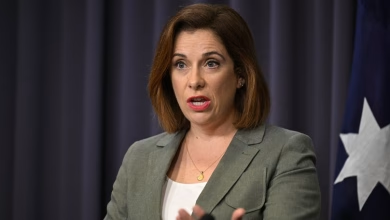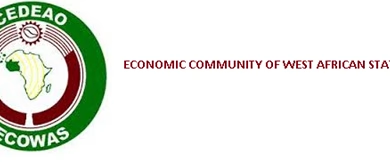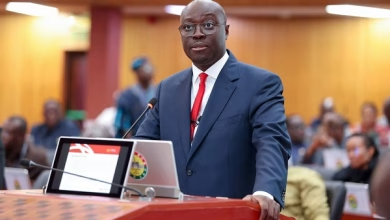Ato Forson Acquitted and Discharged by Court of Appeal in Ambulance Case

- Dr. Ato Forson seeks a mistrial, injunction, or stay of proceedings in the ambulance case.
- The affidavit cites a recording where the Attorney-General allegedly coached a defendant to implicate Forson.
- Dr. Forson’s lawyers want the recording played in court to support their claim.
- The legal team argues that not granting a mistrial could damage public confidence in the judicial process.
The Court of Appeal has acquitted and discharged Hon. Cassiel Ato Forson, the Minority Leader, in the ongoing Ambulance case, delivering a significant ruling in this high-profile legal matter. This decision effectively overturns the previous order from the trial court, which had directed Dr. Forson to open his defense in the case.
On June 6, 2024, the High Court in Accra had dismissed an application by Ato Forson seeking a mistrial and an investigation into the conduct of the Attorney General involved in the Ambulance case. The court’s decision was based on the assertion that Ato Forson had not presented sufficient legal grounds or statutory provisions to justify a mistrial or an inquiry into the Attorney General’s conduct.
The recent ruling by the Court of Appeal not only acquits Ato Forson but also nullifies the earlier order requiring him to mount a defense. This acquittal marks a crucial turn in the legal proceedings, effectively clearing Ato Forson of the charges related to the Ambulance case.
The High Court’s rejection of Forson’s application had been grounded in the argument that no legal basis was provided for claiming a mistrial or questioning the Attorney General’s role. The appeal court’s decision to acquit and discharge Forson suggests a significant shift in the judicial handling of the case, potentially reshaping its trajectory moving forward.
This development has major implications for both the ongoing legal process and the political landscape, as it resolves a key aspect of the case involving a prominent opposition figure. The case’s evolution highlights the dynamic nature of legal disputes and the impact of appellate review on the judicial system’s outcomes.
On Monday, June 3, Dr. Ato Forson, the Minority Leader, filed a supplementary affidavit in support of his motion for a mistrial, injunction, and/or stay of proceedings in the ongoing ambulance case against him and two other defendants. This move comes amidst growing controversy surrounding the trial, which has been marked by allegations of misconduct.
Dr. Forson’s legal team cited a leaked recording involving the Attorney-General, Godfred Yeboah Dame, and the third accused, Richard Jakpa. In the leaked tape, the Attorney-General is alleged to have attempted to coach Jakpa to implicate Dr. Forson in the case. This recording was central to the affidavit, which argues that such actions amount to prosecutorial misconduct and warrants declaring the trial a mistrial.
The affidavit, submitted by Dr. Forson’s legal team, stresses the importance of addressing these allegations to ensure a fair and just trial. The document highlights that the recording, which has been widely circulated in the media, captures a conversation between the Attorney-General and Jakpa discussing how Jakpa should present evidence to implicate Dr. Forson. Dr. Forson’s lawyers requested that this recording be played in open court during the hearing of their application.
Dr. Forson’s team argues that if the court does not grant the mistrial under these circumstances, it could seriously damage public trust in the judicial system. They contend that the Attorney-General’s alleged actions represent a severe breach of legal and ethical standards, which could undermine the integrity of the trial and the rule of law.
This affidavit marks a critical development in the case, as it introduces serious allegations against the Attorney-General and calls for a significant judicial response. The outcome of this application could have profound implications for both the trial and the broader perception of judicial fairness in the country.






